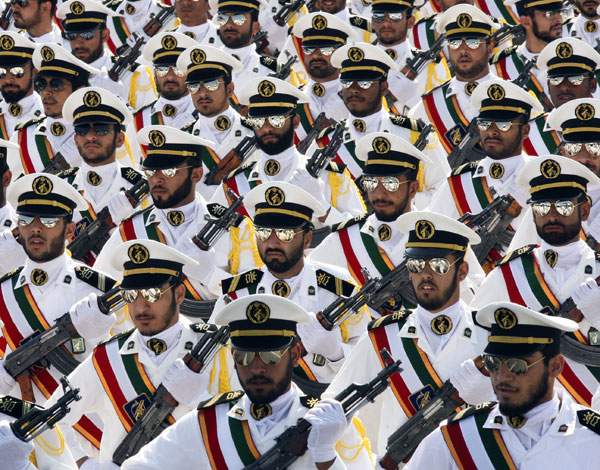
As the sanctions come down investors will flock to Iran but they must be ready to deal with the string-pullers in the Revolutionary Guard says Stephen Hill

Obama’s nuclear disarmament deal with Iran leads to the end of certain sanctions as Iran’s stockpile of enriched Uranium is transferred to Russia. This will release billions in sanctioned cash and assets back to the country that the fundamentalist Ayatollah Khomeini took over in 1979 – and 37 years of compound interest means something near a 300 per cent return on all its withheld cash deposits.
Iran is a major economy with a population of 90 million deprived customers: stand by for a consumer-driven boom, as Iran is a major oil producer – (and Caviar producer!) – providing 16 per cent of China’s energy. True, the oil price is declining below $30 and China’s super-growth years are over, and there is only so much caviar anyone can eat, but nevertheless for a deprived economy it will be a huge boom, and there is a lot of catching-up to be done.
Not all the sanctions are over however, the sanctions on Sepah will continue for another eight years. Sepah? The Army of the Guardians of the Islamic Revolution is in Persian called Sepāh-e Pāsdārān-e Enqelāb-e Eslāmi, or Sepah for short. Often called the Revolutionary Guards or the Iranian Revolutionary Guard Corps, Sepah is a branch of Iran’s armed forces, founded on 5 May 1979. Whereas the regular military (Artesh) defends Iran’s borders and maintains internal order, according to the Iranian constitution, the Revolutionary Guard (Pasdaran) is intended to protect the country’s Islamic system.
The Revolutionary Guards have roughly 125,000 military personnel including ground, aerospace and naval forces. Its naval forces are now the primary forces tasked with operational control of the Persian Gulf. It also controls the paramilitary Basij militia which has about 90,000 active personnel. In recent years Sepah has developed into a multibillion-dollar business empire, and is reportedly the third-wealthiest organization in Iran, after the National Iranian Oil Company (NIOC) and the Imam Reza Endowment. Its media arm is SEPAH News.
In fact, no major contracts outside NIOC are awarded in Iran that aren’t directly or indirectly controlled by Sepah. As Sepah is sanctioned out for another eight years, scores of ‘independent companies’ have sprung up around Sepah. This will make it very difficult for western companies to land contracts or orders, as Sepah will be moving lucrative business around to get the right prices, or fixes – commissions to you and I. Inside information will become key, and at a price too.
There is already frenetic activity by western companies seeking Iranian partners, while long-established ones in Iran, like France’s Peugeot, are mobilizing on a big scale. No doubt BP – formed in the 1930s as the British Iranian Oil Company – will be running its slide-rule over its old stamping ground. But no one is likely to get rich unless they understand Sepah, an organization bankrolling armed forces about the size of Britain’s. But big profits and fortunes will be made in modern, post-sanctioned Iran for those who know how to work with the system…






